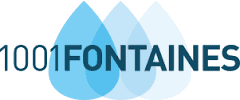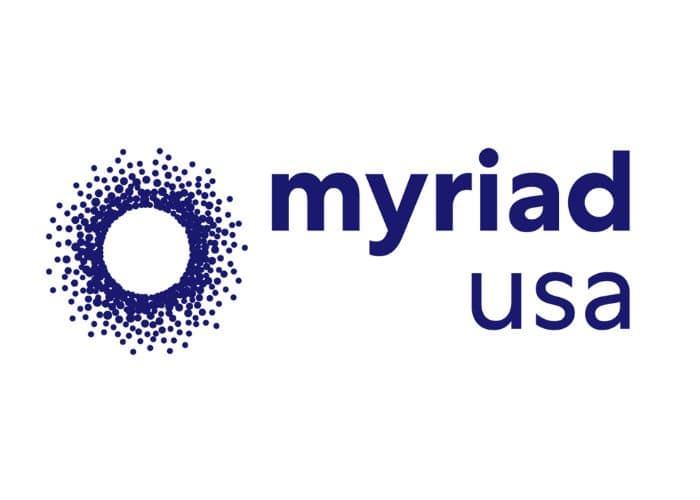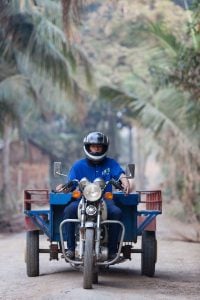- About AVPN
-
-
-
About AVPN
Who We Are
We are a leading ecosystem builder that is increasing the flow of financial, human, and intellectual capital from Asia and around the world into the social sector in Asia. We provide a network of peers, rigorous learning programmes, and innovative capital mobilization opportunities that make sure resources are more effectively deployed.
-
-
-
- Members
-
-
-
Membership Benefits
Unrestricted access to AVPN research reports and case studies
Access market-specific snapshots and opportunities
Increased visibility for events, programs and insights via AVPN website, blog, newsletters and social media channels
Leverage the AVPN platform to bring under-represented social issues top of mind for more than 600 social investors
-
-
-
- Resources
-
-
-
Resources
Highlights of the week
Trust-Based Philanthropy
In the face of increasingly complex and, sometimes rapidly, changing needs on the ground, it is crucial to take a step back and reconsider the status quo.
APAC Sustainability Seed Fund 2.0
By leveraging the success of the first round of the APAC Sustainability Seed Fund, AVPN continues to mobilise continuum of capital into supporting climate solutions in the region.
Faith and Giving
Faith, and the values, belief systems, moral codes, and religious doctrines, that underlie it, shape much of philanthropy across the world. From addressing needs in underserved communities to investing in sustainable energy solutions, faith-aligned givers are demonstrating that compassion can be a catalyst for a more just and equitable world. However, the fundamental drivers of faith-aligned giving often remain unexamined.
-
-
-
- Markets
-
-
-
Markets
We are a leading ecosystem builder that is increasing the flow of financial, human, and intellectual capital from Asia and around the world into the social sector in Asia. We provide a network of peers, rigorous learning programmes, and innovative capital mobilization opportunities that make sure resources are more effectively deployed.
Explore Markets
-
-
-
- Impact Communities
-
-
-
Impact Communities
-
-
-
- Capital Mobilisation
-
-
-
Capital Mobilisation
Featured Deals
Socio-Economic Empowerment of Women
Climate Action and Environment, Education, Financial Inclusion, Gender, Livelihood and Poverty Alleviation
Solve Education: Education through Innovative Learning Platform
Education, Employability, Livelihood and Poverty Alleviation
Lotus Petal Sr. Sec School, Gurugram
Education, Employability, Health
IT Training Against Poverty in Cebu
Education, Employability, Livelihood and Poverty Alleviation
IT Vocational Training Against Poverty
Education, Employability, Livelihood and Poverty Alleviation
Gigatonne: Addressing Problems within the Carbon Credits Market
Climate Action and Environment, Financial Inclusion, Gender, Livelihood and Poverty Alleviation
-
-
-
- Events
-
-
-
Events
Upcoming Signature EventsAVPN Global Conference 2024
23 April 2024
-
25 April 2024
Signature Event
Upcoming Events
Restoring Equilibrium: SVCA 2024 Annual Conference – Seeking Balance in A Turbulent World
16 May 2024
-
-
-
1001fontaines Water Kiosk
Establishes a self-sustaining water kiosk in a rural community in Cambodia that provides direct access to clean water to improve the health and livelihood of community members.
By

1001fontaines
Click here to learn more about the Impact Organisation
This is member exclusive
content. Click here to unlock
Social causes
Beneficiaries
SDGs covered
Endorsed by
Market of Implementation
- Cambodia
Problem
In Cambodia, 6.3 million people still have no access to safe drinking water (UNICEF, 2014). Although progress has been made towards reaching the Millenium Development Goals (in 2013, 57% of households were reported as having access to an improved water source [Cambodia Inter-Censal Population Survey]), these achievements mask a relatively unequal progress between urban and rural settings. Only 23% of rural households actually benefit from a safe source of drinking water due to the challenges of maintenance, last-mile distribution and recontamination during transportation and storage. In fact, 90% of poor households in Cambodia live in rural areas and 72% of the population lives on less than $3 a day. These communities often struggle with fatal instances of diarrhea among children, which could be preventable if water access were improved. The people most at-risk include farmers, fishermen, landless people, as well as women and children in the village. These families currently live on $60-80 per month and are the target beneficiaries of 1001fontaines’ efforts.
1001fontaines’ innovative development strategy enables rural populations to produce safe drinking water themselves through the creation of social micro-enterprises. Small water kiosks are set up and entrusted to local entrepreneurs, who are hired and trained by in-country partners. Water is produced locally using a low-cost technology (microfiltration and UV treatment powered by solar energy). It is then bottled in 20L containers and sold at an affordable price to villagers (~$0,013/L) and provided free of charge to children at school. The water bottles are delivered at home, guaranteeing distribution to the intended end-users. The empty bottles are then collected by the entrepreneurs, cleaned, and refilled, thus minimizing waste.
In setting up the water kiosks, 1001fontaines:
- Selects a target village with the support of the Ministry of Rural Development of Cambodia and its Provincial Representatives.
- Recruits a local entrepreneur with the support of the chief of commune and key opinion leaders in the village (school teacher, doctor, etc.).
- Trains the entrepreneur to run the station (how to treat the water and manage a micro-business).
- Builds the actual treatment unit.
- Supports the launch of the site (organizes an inauguration ceremony and provides assistance in recruiting the first clients).
- Supports the entrepreneur through monthly coaching and additional training until he/she generates enough water sales to cover all costs. The project can then sustain itself.
Solution
This project will establish a self-sustaining water kiosk within a rural community in Cambodia. The budget includes all costs including construction of the kiosk as well as training and support to a local entrepreneur (including salary) until the break-even point is reached, which usually takes approximately 18 months.
After the costs of the project are met, 1001fontaines withdraws fully and enables the trained community member to operate the kiosk autonomously, as a self-sustained local social enterprise. Impact studies of past water kiosk projects by 1001fontaines have shown them to significantly improve the health and livelihood of the surrounding community.

















 This project will establish a self-sustaining water kiosk within a rural community in Cambodia. The budget includes all costs including construction of the kiosk as well as training and support to a local entrepreneur (including salary) until the break-even point is reached, which usually takes approximately 18 months.
This project will establish a self-sustaining water kiosk within a rural community in Cambodia. The budget includes all costs including construction of the kiosk as well as training and support to a local entrepreneur (including salary) until the break-even point is reached, which usually takes approximately 18 months.